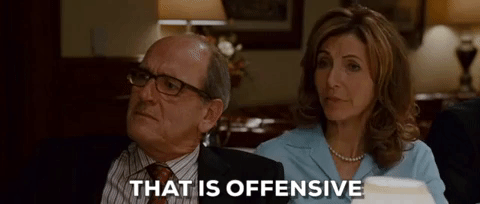Tom‘s name sure appeared in many big Hollywood films lately and the style is hugely dominated by fff brass and epic percussions. But I find that in the scores there are always some subtle elements that make them stand above the average epic score (the chromatic element in the Godzilla theme, the smashing sound of the percussion, an interesting string line).
If anything, it tells us what the market wants now, not necessarily what the composer or even the director wants, it’s what (is assumed) the audience is expecting to hear in such a movie and the producers will stick to it. Why take risks on such a huge budget production?
The music aims to make sure everyone gets it and relies heavily on established formulas. Probably John Williams at the time of the first Star Wars film was much more free, as they never could have expected the film would become such a hit.
It’s the same with the movie itself btw. I mean Godzilla and King Kong are not exactly new. Not exactly a risky and innovative idea. Again Star Wars was new and they took a risk at the time producing it. Now that it is a safe value, how many sequels and side stories have we seen in the same style?
Maybe at the moment the market is not open for new ideas and concepts and will rather rely on safe and established brands. So the music is simply following that same logic.
PS Steven Spielberg is definitely a genius for coming up with the Star Wars saga and even more so for turning it into a film. I wonder if in today’s market he would still get a chance to develop his ideas or if he’d get rejected in favour of established brands from 40-50 years ago.




